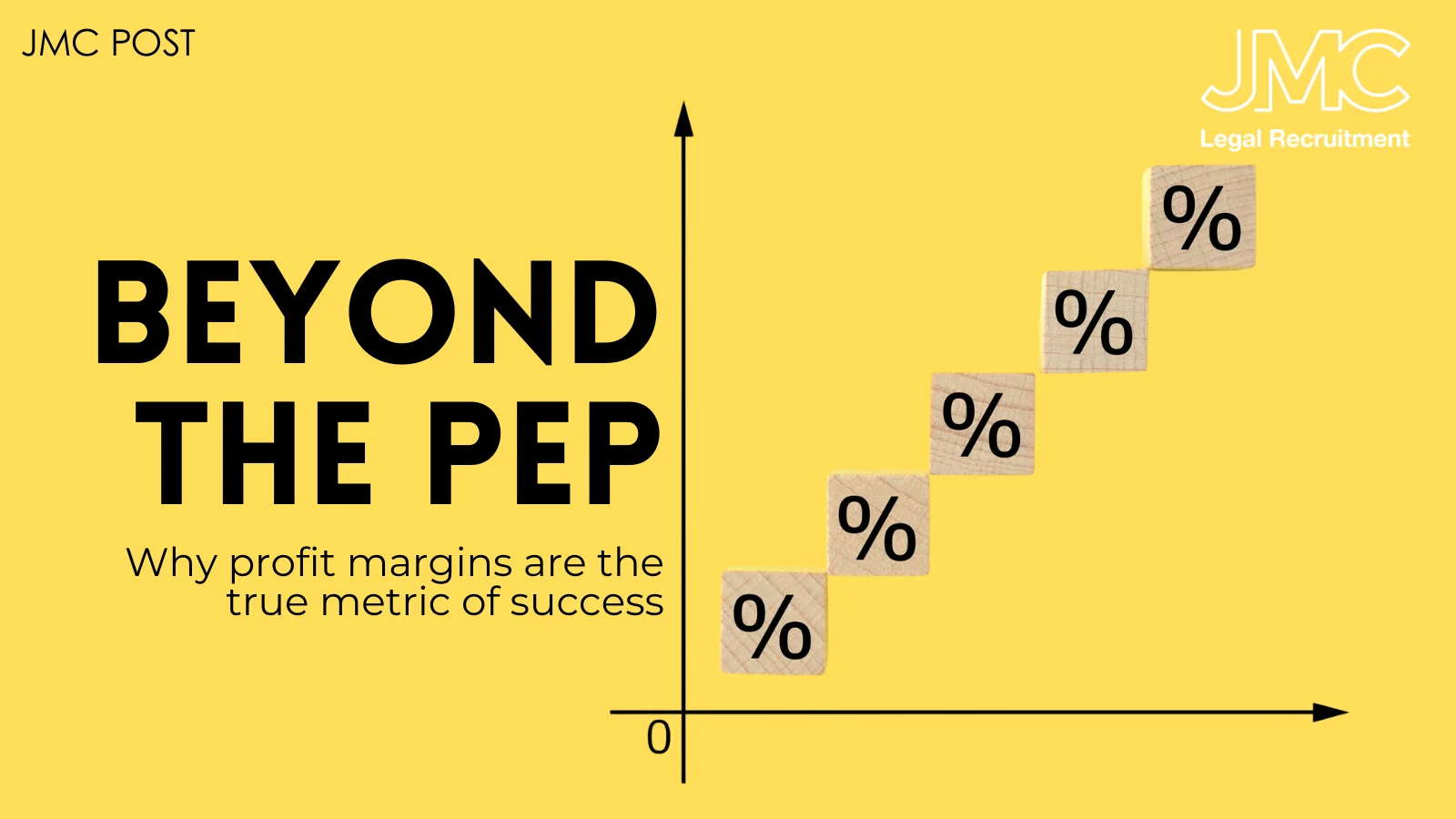
5 Key Reasons Why Private Practice Lawyers Transition to In-House
06 Jul, 202310 minutes
The legal sector offers a wide variety of career paths for legal professionals, with private practice and in-house counsel roles being the two most prominent options. While private practice has traditionally been the preferred choice due to market demands, there has been a notable shift in recent years. Increasing numbers of lawyers are now opting to transition from private practice to in-house legal counsel positions. What are the factors driving this career shift? Here are 5 factors that contribute to this transition;
1.Work-Life Balance: One of the most significant reasons for transitioning to an In-House role is the potential for improved work-life balance. Private Practice lawyers often find themselves working long hours, with some US firms in London working between (on average) 14-15 hr days, including evenings and weekends to meet client demands and billable hour targets. In contrast, in-house legal roles typically offer more predictable working hours, allowing for a better work-life balance. While not all in-house positions follow a standard 9-5 schedule, they generally provide better opportunities for family and leisure time, leading to enhanced mental health and well-being.
2.Pursue Your Passion: In-house roles provide lawyers with the opportunity to work closely with industries or companies that align with their personal interests. This specialisation allows individuals to develop in-depth knowledge of a specific sector, such as software, energy, media, or sports. By focusing on a particular industry, lawyers can become valuable advisors to their business, leveraging both their legal expertise and industry knowledge. Moreover, being involved in a sector they are passionate about significantly enhances overall job satisfaction.
However, it's important to avoid pigeonholing oneself within a declining market sector. When considering an in-house opportunity, it's crucial to assess the sector's future prospects. For instance, the AI and Robotics sector is currently experiencing rapid growth and is expected to continue on this trajectory. Conversely, the Oil and Gas sector is gradually declining due to global commitments to sustainable energy sources over the coming decades.
3.Become a Business Leader: In-house lawyers have the opportunity to become true business partners within their organisations, especially at senior level. They collaborate closely with executives, management teams, finance departments, and HR, providing risk analysis and legal advice across various departments. This partnership enables lawyers to have a direct impact on business decisions and contribute to the overall success of the company. This can also lead to future opportunities later on in your career, such as positions like 'Strategic Director' or 'Legal Ops Manager'.
4.Varied Workload: Private practice lawyers often handle a wide array of cases and clients, but the nature of their work can be unpredictable. On the other hand, in-house lawyers will typically deal with legal issues specific to their organisation's operations, such as contract negotiation, compliance, intellectual property, employment matters, GDPR, and regulatory concerns. This diverse workload allows in-house lawyers to gain valuable experience across multiple legal areas while deepening their understanding of the organisation's business activities. It also opens doors for specialisation later on, such as roles like 'Legal & Data Protection Counsel' or 'IP Counsel'.
5.Career Progression and Business Influence: In-House legal roles can offer opportunities for career progression and professional growth. As lawyers progress through the in-house ranks, they will typically accumulate increased management responsibilities, guiding the development of junior staff. As a trusted advisor to your business, In-House counsel often have the opportunity to influence strategic decision-making and shape corporate policies and processes. Many Private Practice lawyers choose to make the transition to In-House so they can feel like a valued member of the wider business, see projects out from start-to-finish and maintain positive client relationships with a range of businesses.
There's no denying the allure of working as an in-house lawyer. The perks are plentiful, which explains why the competition for these positions can be very high. Each potential in-house position must first pass the rigorous financial scrutiny of multiple stakeholders within the business before being cleared.
This is precisely why the in-house legal market tends to be most competitive for lawyers with 0-3 years of post-qualification experience (PQE). Hiring managers within in-house teams will more often than not insist that you've "earnt your stripes" in the realm of private practice before joining their ranks. It can be viewed as rite of passage, a way to prove that you can perform at a the top level and can add value to a business. In the absence of billable hours as a benchmark, akin to private practice, this can sometimes become a non-negotiable requirement.
But don't completely lose faith! I'm not implying that pursuing an in-house position as a lawyer with 0-3 PQE is a naive endeavour. Just be prepared for cutthroat competition and the occasional setback. If this is the path you're determined to tread, make sure you're armed with an arsenal of compelling reasons as to how you can add value to the business and the role.
Transitioning from Private Practice to In-House isn’t exactly a walk in the park. However, once you land your first in-house position, the opportunities that may follow will gift you with a career that's anything but mundane. Prepare for a stimulating, diverse, and exciting professional journey that awaits you.



